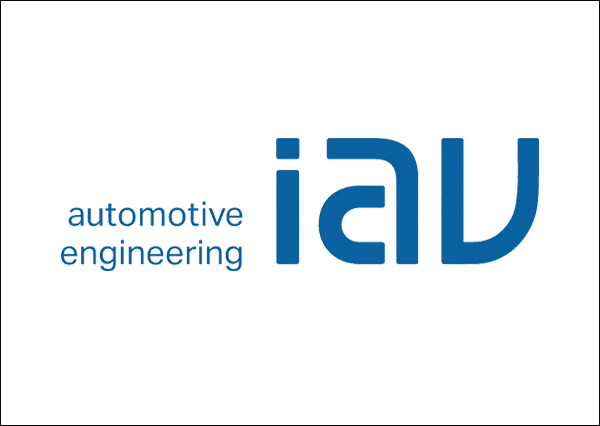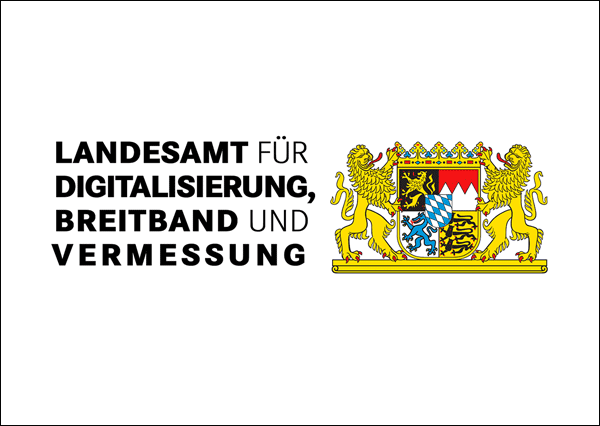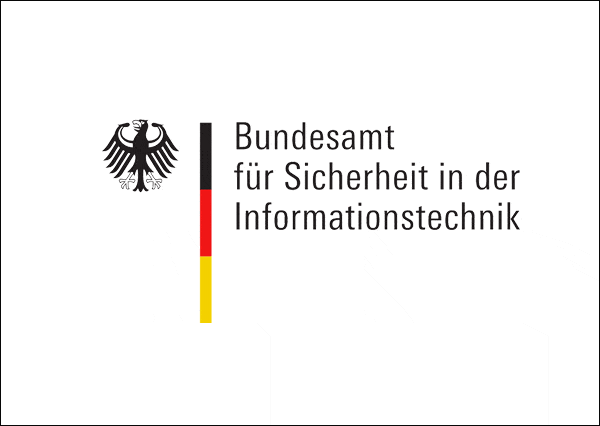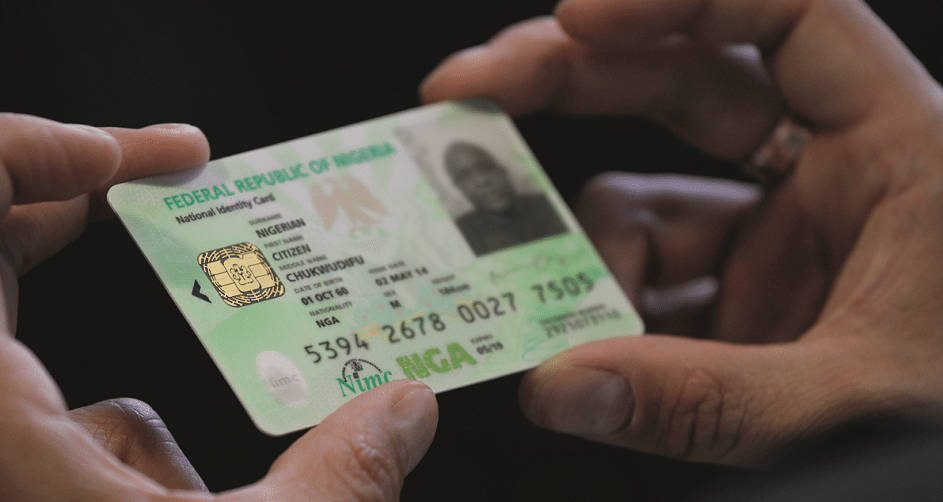No Results Found
The page you requested could not be found. Try refining your search, or use the navigation above to locate the post.


With more than 7,000 employees, IAV (Ingenieurgesellschaft Auto und Verkehr) is one of the world’s leading engineering service providers for the automotive industry. Due to the requirements it had set itself and the increased security requirements of automobile manufacturers, IAV needed a solution for authentication that could handle a large number of different key memories (smart cards) as flexibly as possible.

IAV opted for the smartcard middleware SCinterface from cryptovision. SCinterface not only supports the most important smartcard operating systems, but also all important card profiles. Thanks to this flexibility, IAV is now in a position to use employee cards (smartcards) from different automobile manufacturers in different projects. This not only reduces IT costs, but also minimizes set-up times.


Mac computers, on which the macOS operating system runs, have enjoyed increasing popularity within the Volkswagen Group for years. This leads to conflicts with the company’s security guidelines. The IT infrastructure at Volkswagen is protected in many places by smart cards, which is not compatible with the traditionally weak smart card support of Apple products. Moreover, since the smartcard middleware used by Volkswagen cannot run on macOS, the use of smartcards on Macs was not possible at Volkswagen for a long time. This meant that Mac users had to log on to the PC and various applications as well as encrypt and digitally sign with software solutions, which affected both security and user-friendliness.

To close the macOS gap, Volkswagen decided to use SCinterface, the smartcard middleware from cryptovision. SCinterface is one of the most versatile solutions of its kind on the worldwide market and as such also executable on the macOS. The smartcard weakness of the Mac is fixed with SCinterface.
SCinterface for macOS is now used in all Volkswagen sub-areas, including VW, Audi and the Autostadt.
The page you requested could not be found. Try refining your search, or use the navigation above to locate the post.


The Bavarian State Office for Digitisation, Broadband and Surveying (LDBV) is an authority of the Free State of Bavaria. The LDBV is responsible for digitisation, promotion of broadband infrastructure and measurement and monitors 51 other authorities in this segment. The IT service provider IT-DLZ, LDBV, is responsible for all Bavarian courts. In addition, the IT-DLZ is the IT distributor for all Bavarian authorities.
In order to provide its customers with an efficient chip card middleware, LDBV has concluded a framework agreement with cryptovision for the product sc/interface. As Bavarian authorities are replacing more and more passwords with chip cards, there is a considerable demand for this solution. In the meantime LDBV has made sc/interface available for more than 50 customers – e.g. for universities, parliaments, administrative authorities and courts…
In order to provide its customers with a powerful smartcard middleware that works with different card types, LDBV has concluded a framework agreement with cryptovision for the SCinterface product. In the meantime LDBV has provided SCinterface to more than 50 customers, including universities, parliaments, administrative authorities and courts.
The page you requested could not be found. Try refining your search, or use the navigation above to locate the post.


eIDAS is the EU regulation for digital signatures. In 2016, eIDAS replaced national laws such as the German Signature Act. eIDAS is intended to simplify the handling of digital signatures and make the entire technology more attractive. As is usual with such laws, eIDAS only sets a general framework, while the technical details are left to further regulations and standards.
The Federal Office for Information Security (BSI) and its French counterpart ANSSI are among the first to develop technical details for eIDAS. Together, they have developed an eIDAS-compliant smart token specification based on the technology of the German identity card (TR-03110): the eIDAS Token.
The BSI has also awarded a project called POSeIDAS to cryptovision, HJP Consulting and Governikus. This project is about three things:
cryptovision supplied the smart card solution for the POSeIDAS project. This is the first implementation of the eIDAS functions on a card chip. This solution uses the cryptovision product ePasslet Suite, a modular Java Card-based framework for multifunctional identity documents. ePasslet Suite, which is already used in over 20 eID projects worldwide, offers Java Card applets for passports, eID cards, electronic driving licenses, signature cards and other applications. As part of the POSeIDAS project, cryptovision enhanced the ePasslet Suite with a number of eIDAS token-specific features, including pseudonymous signatures, Chip Authentication (CA) 3 and Enhanced Role Authentication (ERA). Now that ePasslet Suite supports the full range of eIDAS token functionality, it is the first solution on the market to build eIDAS token-compliant identity documents.
HJP-Consulting was the prime contractor for the project and contributed an eIDAS token implementation in software based on its open source eID card simulator PersoSim. Governikus provided POSeIDAS with an eID server (also open source) and a corresponding eID client.
Information about the eIDAS token and POSeIDAS can be found in the article Neue Signaturgesetzgebung: Sind aller guten Dinge drei? by Klaus Schmeh, published in der Datenschutz und Datensicherheit 1/2017.
The page you requested could not be found. Try refining your search, or use the navigation above to locate the post.


With over 180 million inhabitants, Nigeria is the most populous country in Africa. As part of an ambitious initiative, all adult Nigerians are currently receiving electronic ID cards. These eID cards are used for numerous applications: identification, border control, digital signing, payment and more.
As Nigeria has many inhabitants, the Nigerian eID card project is one of the largest of its kind in the world. In addition to eID, NIMC has launched several other identity management projects. The goal is to build a modern citizen database that will facilitate the governance of this vast country.

cryptovision plays an important role in the Nigerian eID card project. The Gelsenkirchen-based company is responsible for setting up the public key infrastructure (PKI), which is used for the card itself as well as for the card infrastructure. It is one of the largest PKIs ever built. It includes at least eight certification bodies that issue certificates to more than 100 million cardholders. The product used to operate the CAs is CAmelot from cryptovision. NIMC chose CAmelot because this solution is also suitable for very large PKIs and is also extremely flexible. In particular, CAmelot supports the CV certificates which are indispensable for electronic ID cards.
Most applications of the Nigerian eID card are realized with the cryptovision product ePasslet Suite. Five card applications are used in the first step: identity verification, authentication and signature, travel document, fingerprint verification and payment. Five more applications are planned for the near future.
Further information about the Nigerian eID project can be found here: https://silicontrust.wordpress.com/2014/09/16/silicon-trust-members-to-facilitate-nigerias-eid-scheme/
The page you requested could not be found. Try refining your search, or use the navigation above to locate the post.